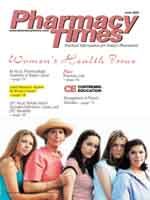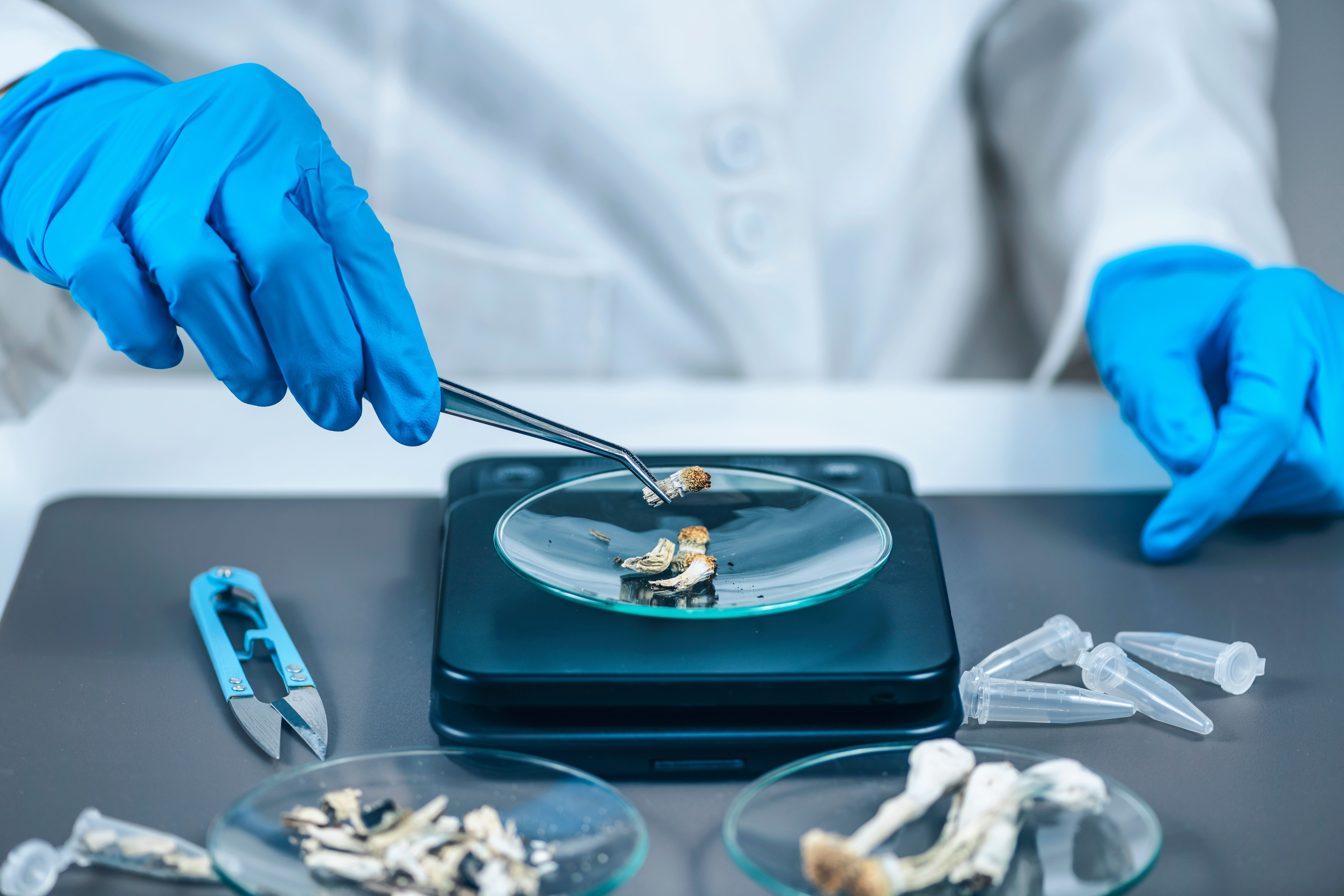Publication
Article
Pharmacy Times
Emergency Contraception: Just the Facts
Author(s):
Emergency contraception (EC) is a form of birth control that women can use to prevent a pregnancy after intercourse with a known or suspected birth control failure, after a sexual assault, or after intercourse without birth control. Although it is often referred to as the "morning-after pill," this term is misleading. EC can be used for up to 72 hours after unprotected sex, not just the next morning. The sooner it is taken, however, the more effective it is, and it is most effective when taken within the first 24 hours after unprotected intercourse. EC provides contraception by inhibiting ovulation, altering tubal transport of sperm and/or ova, and altering the endometrium.1
Two brands of EC are available in the United States. One product is levonorgestrel (LNG) 0.75-mg tablets (Plan B; Women's Capital Corp, a subsidiary of Duramed Pharmaceuticals Inc). The other is a combination product containing 0.25 mg levonorgestrel and 0.05 mg ethinyl estradiol (Preven; Barr Pharmaceuticals Inc).
If taken within 72 hours of unprotected sex, the LNG-only EC can reduce the risk of pregnancy by 85% (from 8% to 1%).2 EC is less effective than regular oral contraception and is not recommended for routine use. Like all forms of hormonal contraception, EC does not protect against HIV or other sexually transmitted diseases (STDs).
When used as directed, EC is safe for most women. The most common side effects include nausea, abdominal pain, fatigue, headache, and menstrual changes. The LNG-only EC is safe for use by nearly all women. There are only 3 contraindications to its use?allergy to any of the ingredients, pregnancy, and abnormal vaginal bleeding. Levonorgestrel 0.75-mg tablets are contraindicated in pregnancy, not due to any risk to the fetus, but because once a woman becomes pregnant EC is not effective. Levonorgestrel is not thrombogenic, nor is its short-term use associated with hypertension or stroke. The side-effect profile is quite acceptable, and there is no potential for abuse. As already stated, EC will not end an already existing pregnancy; that is one reason why it is called emergency contraception.2
OTC Status?
On December 16, 2003, a joint advisory panel of the FDA (consisting of representatives from both the medical and public sectors) recommended by a vote of 24-3 that the agency grant approval for OTC availability of the LNG-only product, Plan B. As background,3 the 1951 Durham- Humphrey Amendment to the Food, Drug and Cosmetic Act stipulated that drugs be made available without a prescription if they meet the following criteria:
- There is an acceptable safety profile, with low misuse and abuse potential
- The condition being treated is recognizable to the patient and amenable to self-treatment with minimal input from a health care provider
- The treatment is safe and effective and the benefits outweigh the risks
The FDA advisory panel reviewed the manufacturer's OTC Label Comprehension Study, which assessed the ability to understand instructions, contraindications, side effects, and precautions associated with the use of LNGonly EC and voted 23 to 4 to recommend that the drug be switched to OTC.4 The study found that comprehension was lower among younger and less literate potential users, but the vast majority of women understood that the drug was designed to prevent pregnancy after unprotected intercourse (93%); that its use would not prevent STDs (94%); that it should be used within 72 hours or as soon as possible after intercourse (97%); and that it should not be taken by pregnant women (98%).
Despite these findings, the FDA ruled on May 6, 2004, that the manufacturer of Plan B, Barr Pharmaceuticals, must either prove in additional studies that young women can understand the product without physician advice or ensure that young women cannot get the product from the shelves.
Patient Counseling
In the interim, EC is available by prescription and, in selected states, from trained pharmacists. Although EC continues to be controversial with certain groups, many new pathways to accessing EC have been created. The Association of Reproductive Health Professionals manages an Emergency Contraception hot line and Web site (888-NOT-2-LATE and www.NOT-2-LATE.com) with the Office of Population Research at Princeton University. The hot line provides information about EC and refers callers to clinicians in their area who provide EC.
Special laws have been adopted in 5 states (Alaska, California, Hawaii, New Mexico, and Washington) that permit pharmacists with special training to provide EC to women without an advance prescription. Data from Washington state indicate that more than 10,000 women visit their pharmacy every year to obtain EC.7 The majority of women surveyed have stated that they have had sufficient opportunity to ask questions and have been satisfied with the ongoing contraceptive counseling provided.
The following information should be provided to women who receive EC:
- The need for ongoing contraception to be used after EC. The patient should begin using ongoing contraception as soon as she resumes having intercourse.
- EC does not protect against STDs. The patient should be advised to use condoms for STD protection.
- The need for an EC advance prescription. Having a prescription filled in advance makes EC available for the patient when she needs it. Sexual accidents do happen.
Studies show that the earlier EC is taken, the more effective it is in preventing pregnancy.8 Studies have provided reassurance that women use EC as a safety net; they do not neglect their ongoing (more effective) methods because of the availability of EC, but they use EC on an as-needed basis.9 Nevertheless, despite the evidence that women understand EC and can utilize it safely, pharmacists should be prepared to provide information and counseling.
Dr. Coffee is a clinical specialist in the Department of Obstetrics and Gynecology at Scott & White Memorial Hospital and Clinic, Temple, Tex. She also is a clinical assistant professor at the College of Pharmacy, University of Texas at Austin.
For a list of references, send a stamped, self-addressed envelope to: References Department, Attn. D. Ryan, Pharmacy Times, 241 Forsgate Drive, Jamesburg, NJ 08831; or send an e-mail request to: [email protected].
For More Information About EC:
American Pharmaceutical Association: www.aphanet.org/education/specialrpts/emercontra.pdf
Association of Reproductive Health Professionals: arhp.org/healthcareproviders/resources/ecresources/index.cfm
PATH: Program for Appropriate Technology in Health: www.path.org/resources/ec_resources.htm
Plan B (levonorgestrel) product information: www.go2planb.com
Preven (levonorgestrel/ethinyl estradiol) product information: www.preven.com

Newsletter
Stay informed on drug updates, treatment guidelines, and pharmacy practice trends—subscribe to Pharmacy Times for weekly clinical insights.






